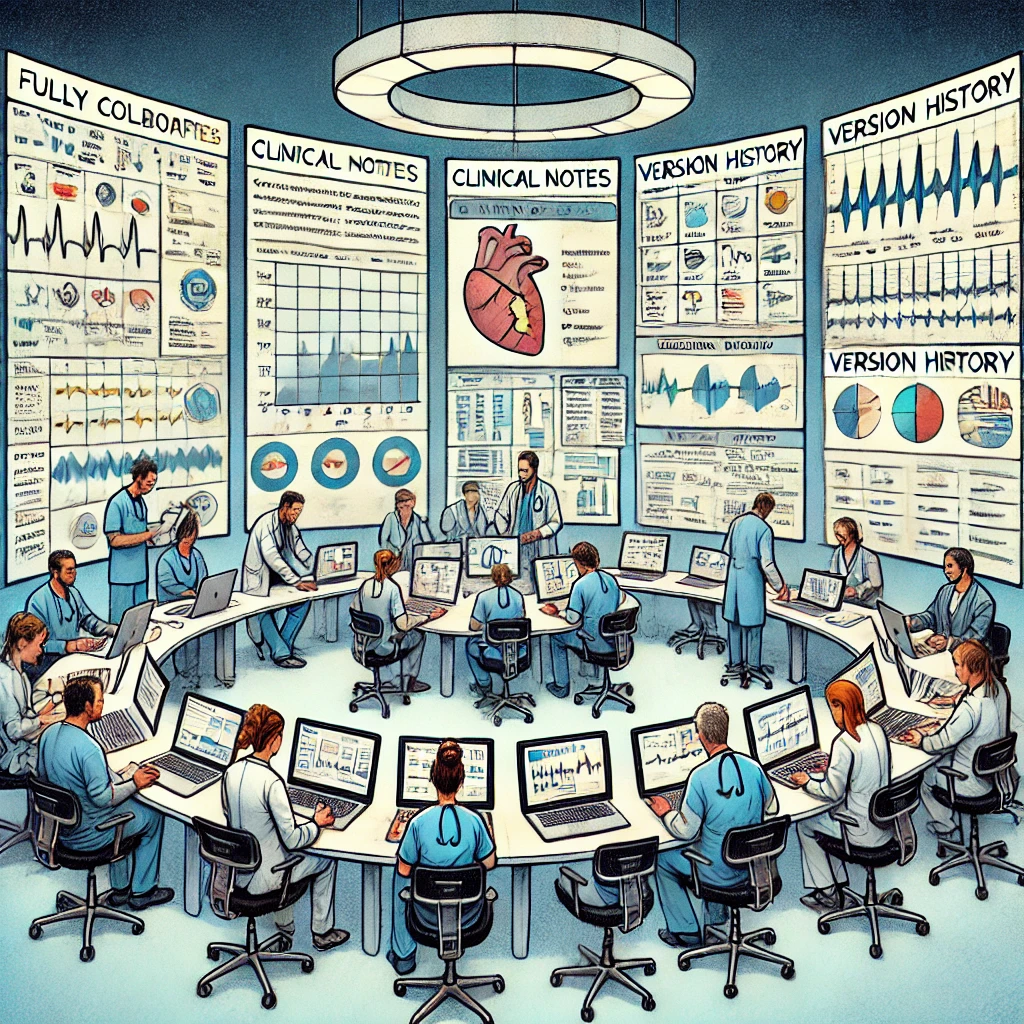
Insights from the Front Lines of Medical Documentation
We explore the root causes of information chaos, designing for clarity, and the thoughtful application of AI in medicine.


Rethinking Administrative Time and the EHR in Modern Medicine
The EHR suffers from the tragedy of the commons. Everyone dumps their data with little thought to organization or cleaning up after themselves. We need to buy tools that facilitate information stewardship not data littering.

Why EHRs Are Causing “Note Bloat”—And How We Can Fix It
It’s time to rethink documentation to avoid “note bloat” and bring focus back to what really matters in patient care.


The Challenges of Information Review in Primary Care
Ideally, clinicians shouldn’t need to search for or surface information at all—because the information should never be lost to begin with. There are several chart review work flows prevalent in primary care, yet EHRs are not built to support them, or the workflows of any clinicians, beyond search and filter.

Prevalence and Sources of Duplicate Information in the Electronic Medical Record
The prevalence of information duplication (copy-paste) in electronic medical records (EMRs) suggests that it is an adaptive behavior requiring further investigation so that improved documentation systems can be developed.

A Fully Collaborative, Noteless Electronic Medical Record Designed to Minimize Information Chaos: Software Design and Feasibility Study
We propose and build a prototype of the world's first noteless electronic health record, which is built to optimize collaboration and minimize information chaos.

Beyond Notes: Why It Is Time to Abandon an Outdated Documentation Paradigm
The medical chart—including notes, labs, and imaging results—should be reconceptualized as a dynamic, fully collaborative workspace organized by topic rather than time, writer, or data type. This will lead to better clinical outcomes and higher job satisfaction among clinicians, who will suffer less with decreased cognitive burden.

A Web Application for Adrenal Incidentaloma Identification, Tracking, and Management Using Machine Learning
Incidental findings are a common medical problem that are prone to falling through the cracks of the medical system. Building safety net systems to identify, track, and to help manage these potentially dangerous findings can decrease the cognitive burden on physicians and lead to better outcomes for patients. In this manuscript, we present a software system designed to identify adrenal incidentalomas and track them over time.

Task definition, annotated dataset, and supervised natural language processing models for symptom extraction from unstructured clinical notes
We present a clinically motivated task definition, dataset, and simple supervised natural language processing models to demonstrate the feasibility of building clinically applicable information extraction tools

